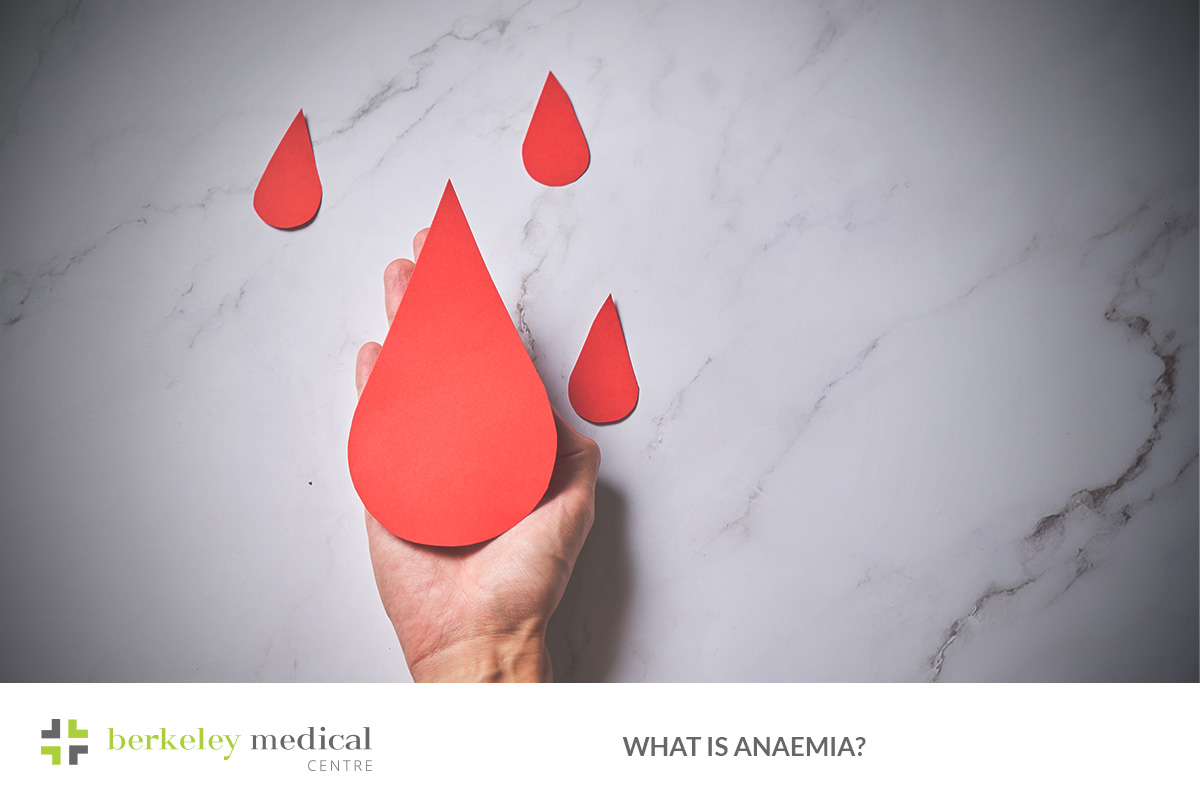Anaemia is a common condition that affects millions of Australians. It often leaves people feeling tired, weak and unable to perform daily tasks effectively. This condition occurs when the body does not produce enough healthy red blood cells or haemoglobin, alimiting the oxygen supply to tissues and organs. Understanding anaemia, its causes, symptoms and treatment options is crucial for maintaining good health.
What Is This Condition?
Anaemia happens when your blood does not have enough red blood cells or haemoglobin. Haemoglobin is a vital protein that carries oxygen throughout the body. Without adequate haemoglobin, your organs and tissues cannot receive the oxygen they need to function properly, leading to a range of symptoms.
Anaemia can be temporary or chronic and its severity ranges from mild to life-threatening. While some of its type are preventable, others may require long-term management.
Symptoms to Watch For
The symptoms of anaemia vary depending on its severity and the underlying cause. Common signs include:
- Fatigue: Feeling constantly tired or lacking energy.
- Shortness of Breath: Difficulty breathing, especially during physical activities.
- Dizziness or Light-Headedness: Feeling faint or experiencing a spinning sensation.
- Pale Skin: A noticeable paleness, particularly in the face and hands.
- Cold Hands and Feet: A persistent feeling of coldness in the extremities.
- Chest Pain and Headaches: Discomfort in the chest or frequent headaches due to reduced oxygen delivery.
Symptoms often develop gradually, making it easy to overlook until it becomes severe.
Common Causes of Anaemia
Anaemia has several potential causes. These include:
- Iron Deficiency: A lack of iron in the diet is the leading cause of anaemia. The body needs iron to produce haemoglobin.
- Vitamin B12 Deficiency: Insufficient intake or absorption of vitamin B12 can lead to anaemia, especially in vegetarians or individuals with digestive issues.
- Folate Deficiency: A deficiency in folate, a type of vitamin B, can impair red blood cell production.
- Chronic Diseases: Conditions like kidney disease, cancer, or autoimmune disorders can reduce the body’s ability to produce red blood cells.
- Inherited Disorders: Genetic conditions, such as sickle cell anaemia or thalassemia, affect the structure and function of red blood cells.
Types of Anaemia
Anaemia is not a single condition—it is a group of disorders with varying causes and effects. The most common types include:
Iron-Deficiency Anaemia
This occurs when your body does not have enough iron to produce haemoglobin. Causes include poor diet, blood loss (e.g., from heavy periods or internal bleeding) and conditions like coeliac disease that hinder iron absorption.
Vitamin B12 Deficiency Anaemia
A lack of vitamin B12 can prevent the body from producing healthy red blood cells. It is often seen in people who follow vegetarian or vegan diets or those with conditions affecting nutrient absorption, like pernicious.
Folate-Deficiency Anaemia
Folate, or vitamin B9, is essential for producing red blood cells. A deficiency is common in individuals with limited diets, certain medical conditions, or during pregnancy.
Haemolytic Anaemia
This type occurs when red blood cells are destroyed faster than the body can replace them. It may result from autoimmune diseases, infections, or inherited conditions.
Aplastic Anaemia
Aplastic anaemia is a rare but serious condition where the bone marrow fails to produce enough red blood cells. It can be caused by infections, medications, or autoimmune disorders.
Sickle Cell Anaemia
This inherited disorder causes red blood cells to take on an abnormal, sickle shape, which can block blood flow and reduce oxygen delivery to tissues.
Diagnosis Methods
Doctors use several methods to diagnose anaemia:
- Medical History and Physical Exam: A doctor will ask about symptoms, diet and family history and check for physical signs like pale skin or brittle nails.
- Complete Blood Count (CBC): This test measures the levels of red blood cells, haemoglobin and other components to determine whether you have anaemia.
- Additional Tests: Tests to measure iron, vitamin B12 and folate levels, as well as other markers, can help pinpoint the specific cause.
Treatment Options
Treating depends on its type and underlying cause. Here are the most common approaches:
Improve Your Diet
Eating iron-rich foods like lean meats, fish, beans, spinach and fortified cereals can boost red blood cell production. For vegetarians, foods like tofu, lentils and nuts are excellent options.
Take Supplements
Doctors often prescribe iron, vitamin B12, or folate supplements to address deficiencies. These supplements are available in pill form or, in severe cases, as injections.
Medical Interventions
Severe anaemia may require blood transfusions, bone marrow transplants, or medications that stimulate red blood cell production.
Preventing Anaemia
Preventing anaemia involves maintaining a healthy lifestyle and addressing risk factors. Follow these tips to lower your risk:
- Eat a Balanced Diet: Include foods rich in iron, vitamin B12 and folate in your meals. For example, pair iron-rich foods with vitamin C-rich options (like citrus fruits) to enhance absorption.
- Monitor Your Health: Regular check-ups and blood tests can help catch anaemia early, especially if you are at higher risk due to pregnancy, heavy periods, or chronic diseases.
- Manage Chronic Conditions: Properly managing conditions like kidney disease, inflammatory bowel disease, or autoimmune disorders can reduce your risk of anaemia.
Final Thoughts
Anaemia is a common condition that can significantly impact your energy levels and overall health. The good news is that it is often treatable and preventable with the right lifestyle choices and medical care.
If you experience persistent fatigue, weakness, or other symptoms, it is important to consult a doctor. Addressing anaemia early can help you feel better and avoid complications. Taking proactive steps to maintain a healthy diet and lifestyle can also reduce your risk of developing in the future.
At Berkeley Medical Centre we offer personalised care through experienced GPs and allied health professionals. From routine check-ups to chronic disease management, we’re dedicated to supporting your health in a welcoming environment.







